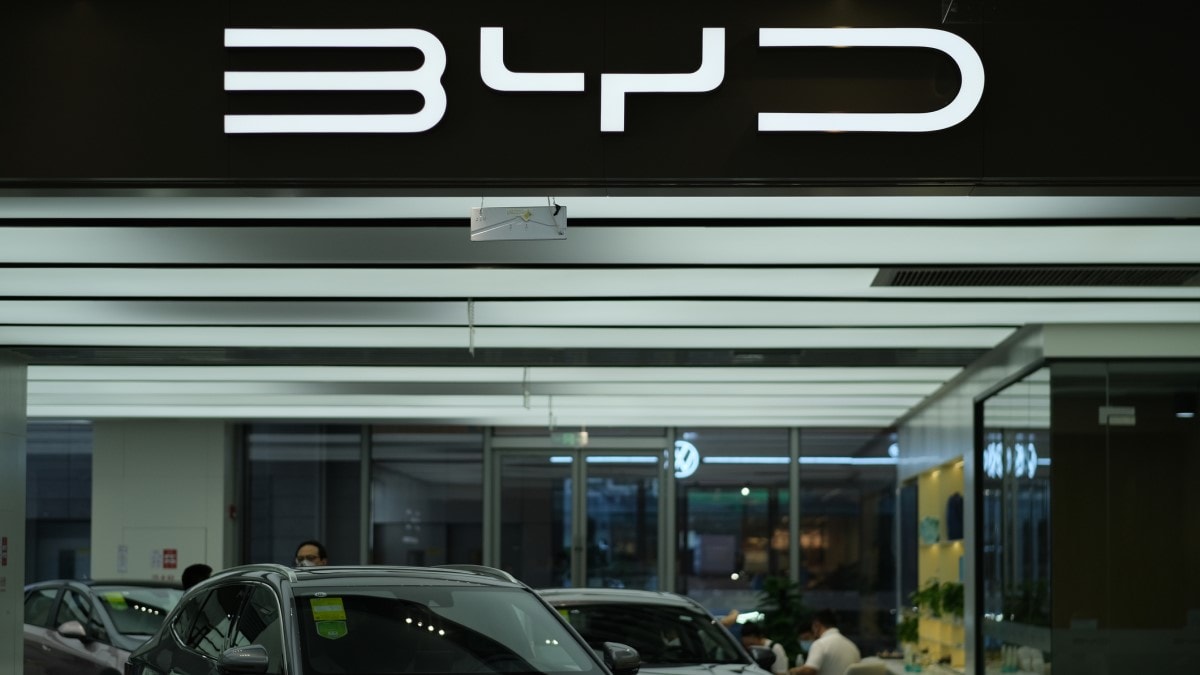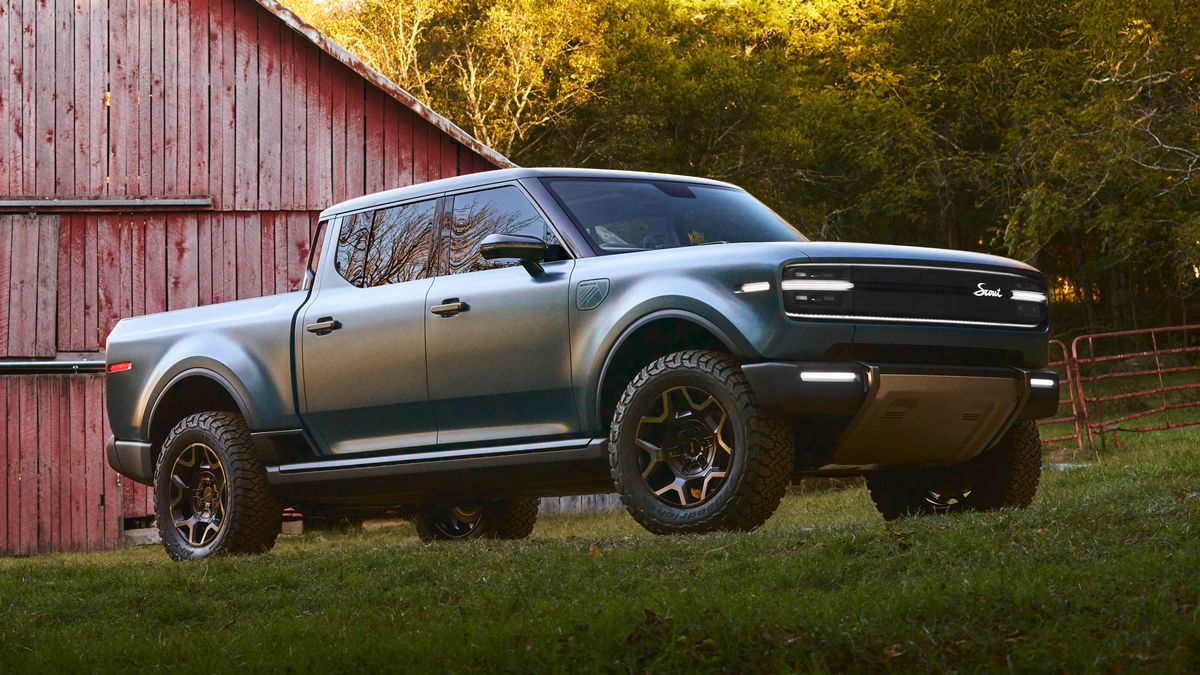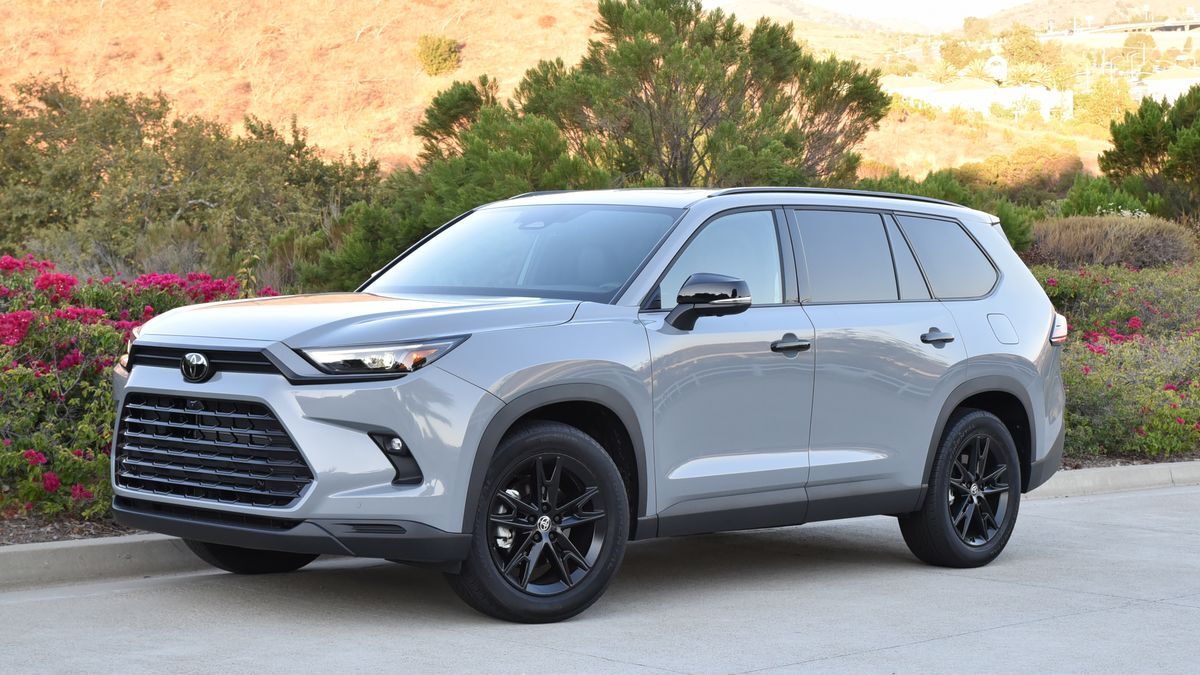The White House yesterday proposed a new rule that would ban some Chinese- and Russian-derived software and hardware from cars sold in the U.S. The rule could force several automakers to halt sales of certain models or move their production outside of China.
“Connected Car” Software
The rule would not ban all car components originating in China or Russia.
Instead, it focuses on systems that communicate with computers outside the car or help power partial self-driving systems. Those parts often have the power to accelerate, brake, and steer a vehicle to help it stay in its lane and keep a safe distance from other cars.
“Cars today have cameras, microphones, GPS tracking, and other technologies connected to the internet. It doesn’t take much imagination to understand how a foreign adversary with access to this information could pose a serious risk to both our national security and the privacy of U.S. citizens,” explains Commerce Secretary Gina Raimondo.
Automakers could still purchase mechanical car parts that don’t communicate from China (which provides many parts for cars on American roads) and Russia (which currently provides none under heavy sanctions).
The rule would begin taking effect with the 2027 model year and phase in gradually, reaching full effect on 2030 model year cars. It would affect all road-legal wheeled vehicles, including buses and commercial trucks, but exclude tractors and farm equipment not meant for road use.
Moving Fast
Federal officials began the process in February when the Commerce Department began investigating whether Chinese software in cars posed a national security threat. The process could end in as little as a month.
Congress passes laws, but federal agencies write the rules that govern how they are enforced. This one comes from the Commerce Department’s Bureau of Industry and Security (BIS).
When agencies propose a new rule, they must allow a period for public comment. They then read the comments, modify the rule to account for them, and publish a final version. That public comment period is open to anyone but often dominated by lobbyists for industries and watchdog groups working to counter them.
The BIS set the public comment period for this rule at just 30 days — unusually fast. That may be because public fears about China are contributing to a tense and close election season.
The auto industry may seek to soften some of its provisions, however, as it would affect several models already for sale in the U.S.
Could Affect Some Ford, GM, Volvo Models
A Commerce Department official told Reuters that “General Motors and Ford Motor Co. would need to stop importing vehicles to the U.S. from China” under the new rule. It would likely also affect Volvo and electric car startup Polestar.
“We anticipate at this point that any vehicle that is manufactured in China and sold in the U.S. would fall within the prohibitions,” said Elizabeth Cannon, who heads the Commerce Department’s Office of Information and Communications Technology and Services.
GM’s Buick Envision and Ford’s Lincoln Nautilus are both built in China and imported to the U.S.
Volvo and Polestar, now owned by Chinese automaker Geely, build several cars in China including the Volvo S90 and Polestar 2. The company knew the rule was likely coming and has already responded. In June, it delayed plans to bring its new EX30 electric SUV to the U.S. while it moves production of the car from China to Belgium.
Chinese Cars a Growing Concern
The White House justifies the new rule on national security grounds. But it has competitive implications as well.
China has dozens of domestic automakers, several selling cars on multiple continents.
Several have built or plan to build factories in Mexico, where Chinese-built cars now outsell American-made models. Some industry analysts say those factories could serve as a staging point for entering the American market.
Once Chinese automakers enter a new market, their low prices quickly make them competitive there. Chinese cars, particularly electric vehicles (EVs), now routinely compete for global design and quality awards. Surveys show that many Americans are already familiar with Chinese brands, like BYD, which are not yet sold here.
The White House recently enacted tariffs that would effectively double the price of any Chinese-built cars sold in America. The new rule might serve to prevent them from coming here in the first place.
Raimondo denies the move is anti-competitive. “This is not about trade or economic advantage,” she said on a call with reporters late Sunday. “This is a strictly national security action.”
She warned that foreign actors could use connected car technology to track Americans’ movements or, in extreme situations, cause cars to crash.
Hackers have shut down some cars remotely in experiments. We’re not aware of any experiments that show hackers could remotely steer a car, but it is theoretically possible with advancing technology.
The average car on American roads, however, is 12.6 years old and not equipped with the sort of systems that would allow it.








